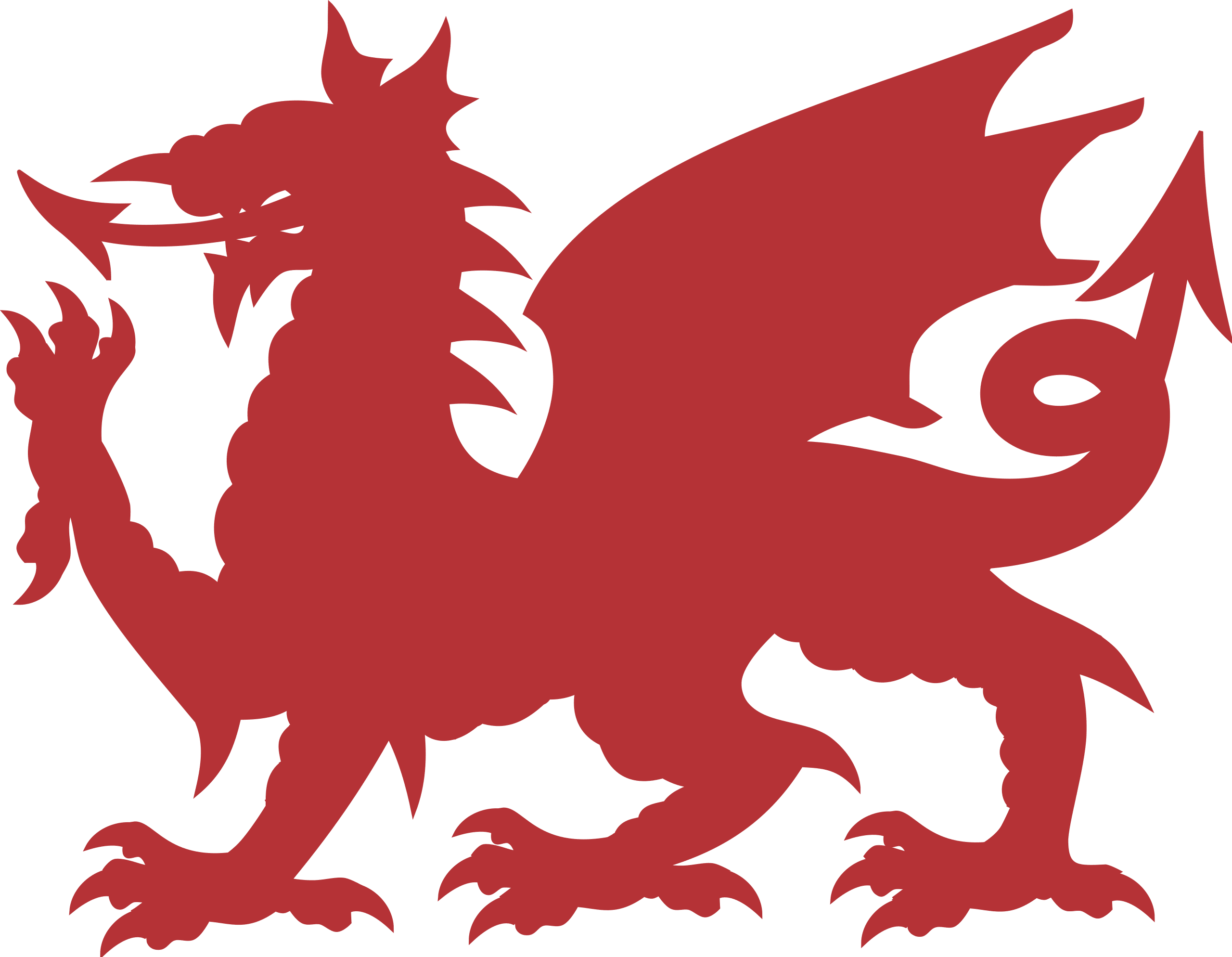Author • Scientist • Consultant
David F Williams
PhD, DSc, FREng, FLSW
Exploring the past, present and future global activities and achievements of a Professor of Medical Engineering and a poet.
Project Coordinator: Margaret M O’Donnell (Peggy)
Website Architect: Tanya Durant
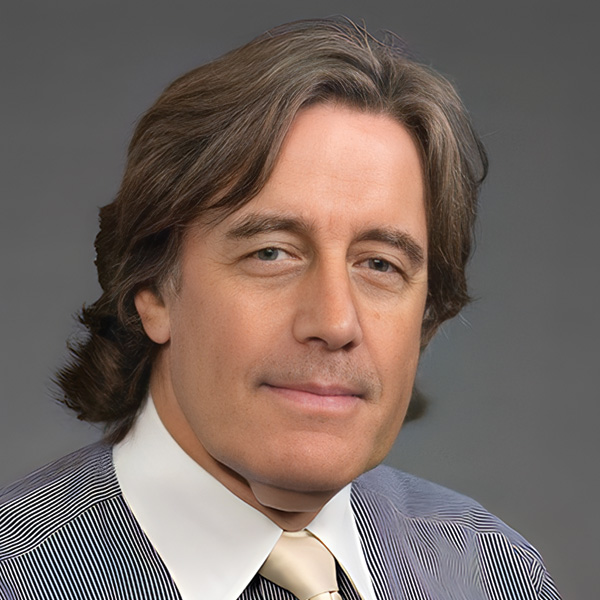
From Creativity to Academia and Beyond
The five sections of my website reflect the varying roles I have played throughout my life.
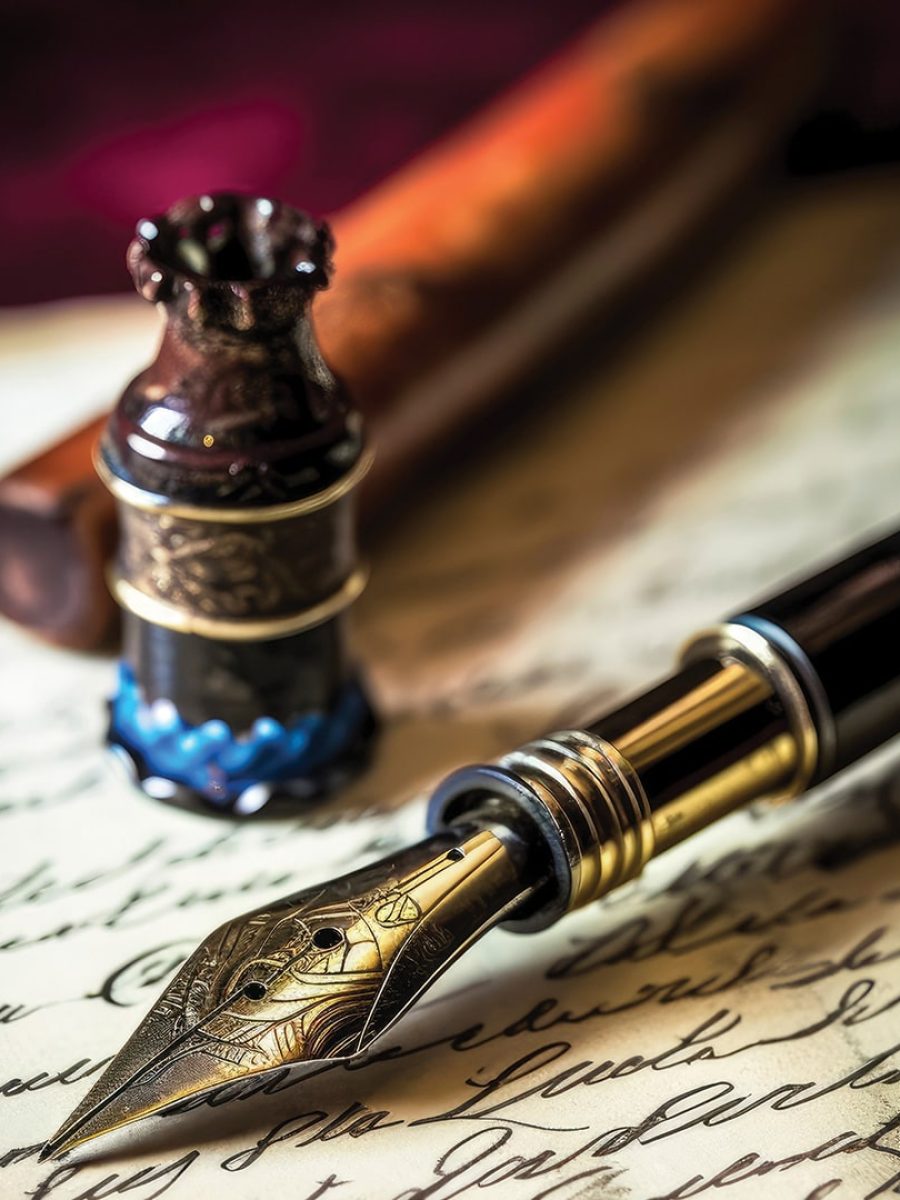
Poetry & Art
My interest in poetry came rather late; I started writing the occasional poem while traveling, often scribbling a first draft on the plane journey home. I doubt if any two poets write with the same intensity or focus or style, and we have to adjust to the opportunities that arise. Sometimes, nothing is written for several weeks then, just like the proverbial buses, several come along all at once. A friend once asked if I woke up knowing I was going to write a poem that day; my answer was no, but I knew when I wasn’t going to write that day. Late autumn winters sitting in our warm library at Sheffield Place, with a glass of New Zealand wine, or a month later, a hot evening on our Franschhoek stoop, with a glass of South African wine provide good atmospheres, with no guarantee of good poems, but a café in Paarl, a freezing plane on a snow-bound runway in Astana or a hotel bedroom in Kansas City can equally well provide the inspiration.
Science
In contrast to poetry, my engagement with science started when I was very young, not that I had much say in the matter. Entering a British Grammar School at the age of 10 came with one disadvantage; you were quickly segregated into either the sciences or the humanities. So, after a year’s exposure to Latin, German, Music and Art, and a few years of French, English and History, I was shunted into a curriculum of Physics, Chemistry, Mathematics, Biology and Geography from the age of 12, dropping the latter two at 15. With hindsight, while that arrangement foiled many who would have benefitted from a wider exposure to academic areas, it did suit me; I always regretted not being able to study biology, which eliminated a career in medicine, but I was clearly destined for an engineering science career. At university, the unfathomable lectures on crystallography and thermodynamics were offset by playing rugby at a much higher level and by my first experiences of tasting hot curry dishes in the myriad of cheap Indian restaurants that surrounded the Edgbaston campus in Birmingham. My graduate years were enriched by learning computer programming, using Fortran IV on our IBM mainframe, to carry out stress analysis in single crystals, experiencing this the hard way by carrying boxes of punchcards
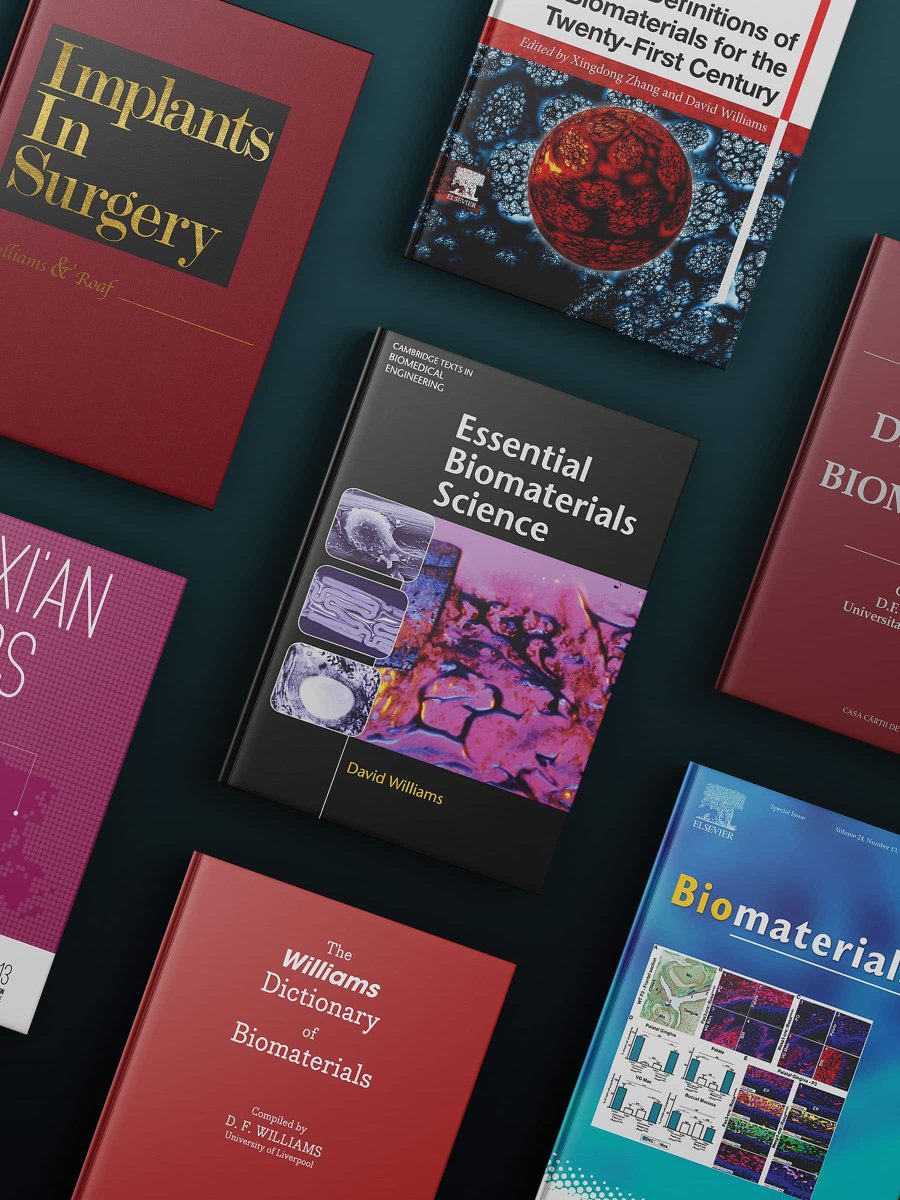
across the rainy campus to the computer laboratory, and by learning the nuances of microphotographic developing with glass plates. Of course, scientific computing today is massively different to that which I used back in 1967, with so much commercial software and powerful machines now available, and digital photography has made the developing and fixing of glass plates obsolete and archaic, but those lessons over 50 years ago were of profound importance to the budding scientist.
I have been fortunate to follow a scientific career by working in excellent academic environments but also, whenever necessary, forging my own independent pathways, which have resulted in the usual type of output, including scientific papers and books, and some more unusual contributions related to scientific advice to governmental bodies, editorials and opinions, and to speeches and other activities.
The values of good writing are those of clarity, style, authority, permanence, relevance and outreach.
David f Williams
The Importance of the Written Word
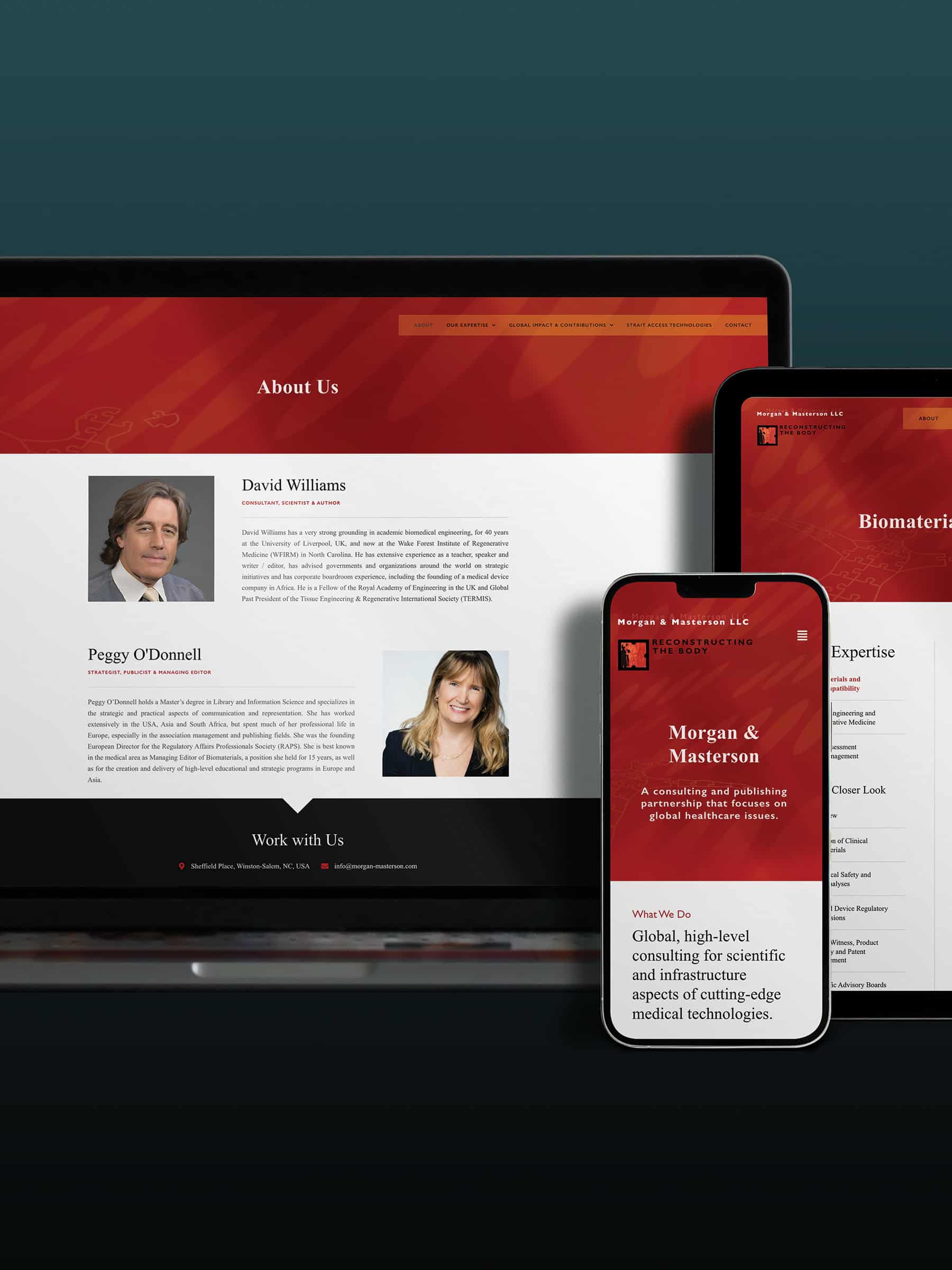
Morgan & Masterson Consulting
There is a fine line between scientific publishing and consulting services. Everything you write or speak about should be based the facts that you know, or of which you are aware. Within scientific presentations, speculation, hypotheses, or theories are fine, provided they reflect those facts, and do not distort them, and provided contradictory or inconvenient facts are not ignored. Speculation must always be acknowledged. Many of the greatest contributions to science, from Darwin, Einstein and Newton for example, have first been published as theories. The scientific community, or indeed the general public, can take note of theories and do with them what they wish. It is different when scientific facts are used to justify actions or decisions, where accuracy and interpretation should be at a high level. This is where a scientist can become an advisor, acting as a consultant. There are many different formats in which the advice can be delivered. I cover here situations where such advice is used within R & D phases of product development, the technological aspects of medical device regulatory submissions, risk and failure analysis, opinions given as an expert witness in courts of law and advice given at senior levels in companies.
It should be noted here that is it usually better, and more professional to provide advice from a registered company set up for this purpose. Our consulting is organized through our company Morgan and Masterson, LLC.
Reconstructing the Body: The Science, Spirituality & Culture
My professional life has been concerned with technologies for reconstructing the body. These are varied, often complex, and successful outcomes of clinical procedures are far from guaranteed. It occurred to me that it would be useful if my experiences with these applications could be comprehensively compiled, so that the current status, and future prospects, could be assessed. It became obvious that such a compilation would be incomplete if it did not encompass the societal constraints, such as ethics, religious beliefs and economics, that surround this area of medicine. These reflect the spiritual nature of altering the shape and function of the body and, perhaps a little tangentially, the cultural context. These thought processes have led to the production of “Reconstructing the Body, The Science, Spirituality and Culture”.
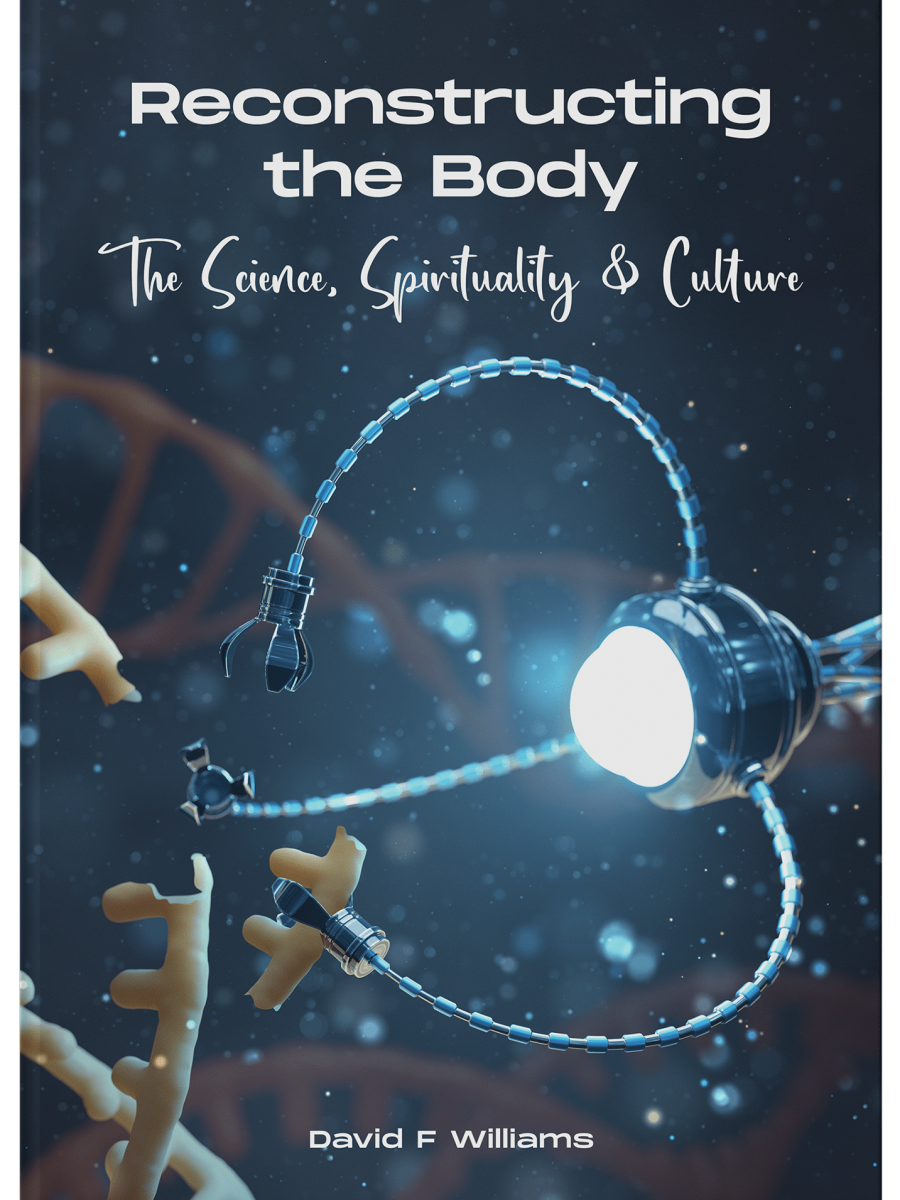
David F Williams
Executive Chairman & Technical Director
Sheffield Place and Franschhoek
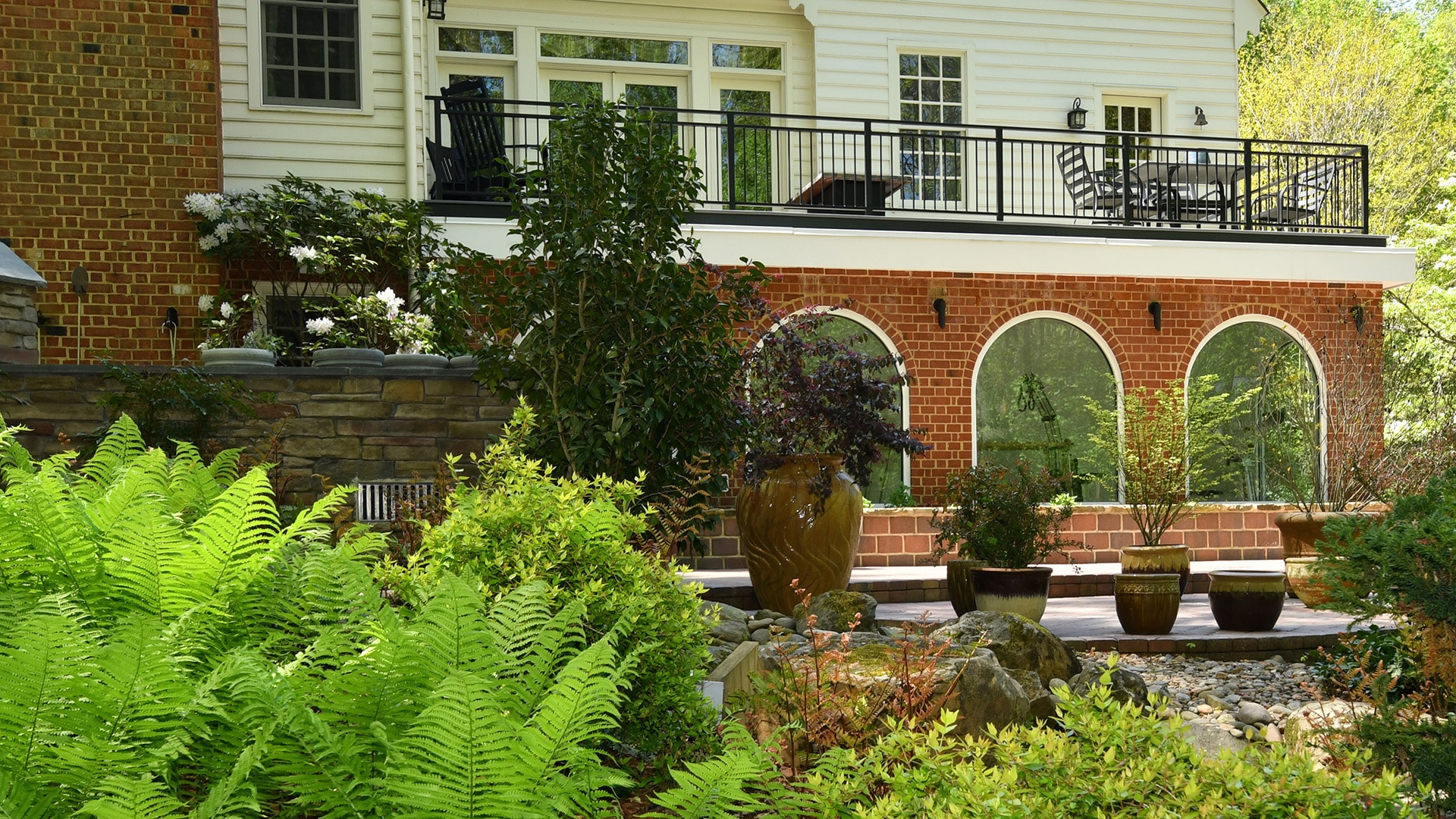
Our Stateside Home & Work
Sheffield Place
At the beginning of this Millennium, I was working in Liverpool and Peggy was working in Brussels. We rented homes in the countryside of Cheshire and in the Petit Sablon of Brussels, commuting between the two, and travelling around much of the world. By 2007 we realized that we would need to move soon. Accepting new positions in Winston-Salem, North Carolina and Cape Town, South Africa focused our minds. The Wake Forest Institute of Regenerative Medicine is located in downtown Winston, in what is now The Innovation Quarter, a high- technology hub built around the old, unused, plant for tobacco processing. After an extensive search, we found a house in a beautiful residential area about five kilometers from WFIRM. Our negotiations for purchase took place during the week of the 2008 financial crash, which proved both nerve-wracking and very advantageous for us. The address was perfect; Number One, Sheffield Place, a 40-50 year old Williamsburg-style property. We had plenty of remodeling work to do, converting bedrooms to offices, archive rooms, library and media center, whilst totally changing a very unsightly yard into a British-style garden. We still had one major problem, which was centered around poor resistance to invasion by rainwater. At the same time, Peggy had been adding a new dimension to her career by training in and qualifying as a Gyrotonics instructor. We decided to solve two pressing problems at the same time – extensively restructuring that part of the house which still had a major water problem and creating a studio for Peggy to carry out her one-on-one movement sessions with her own clients. Peggy’s studio, The Studio Buena Vista, is shown in the image above.
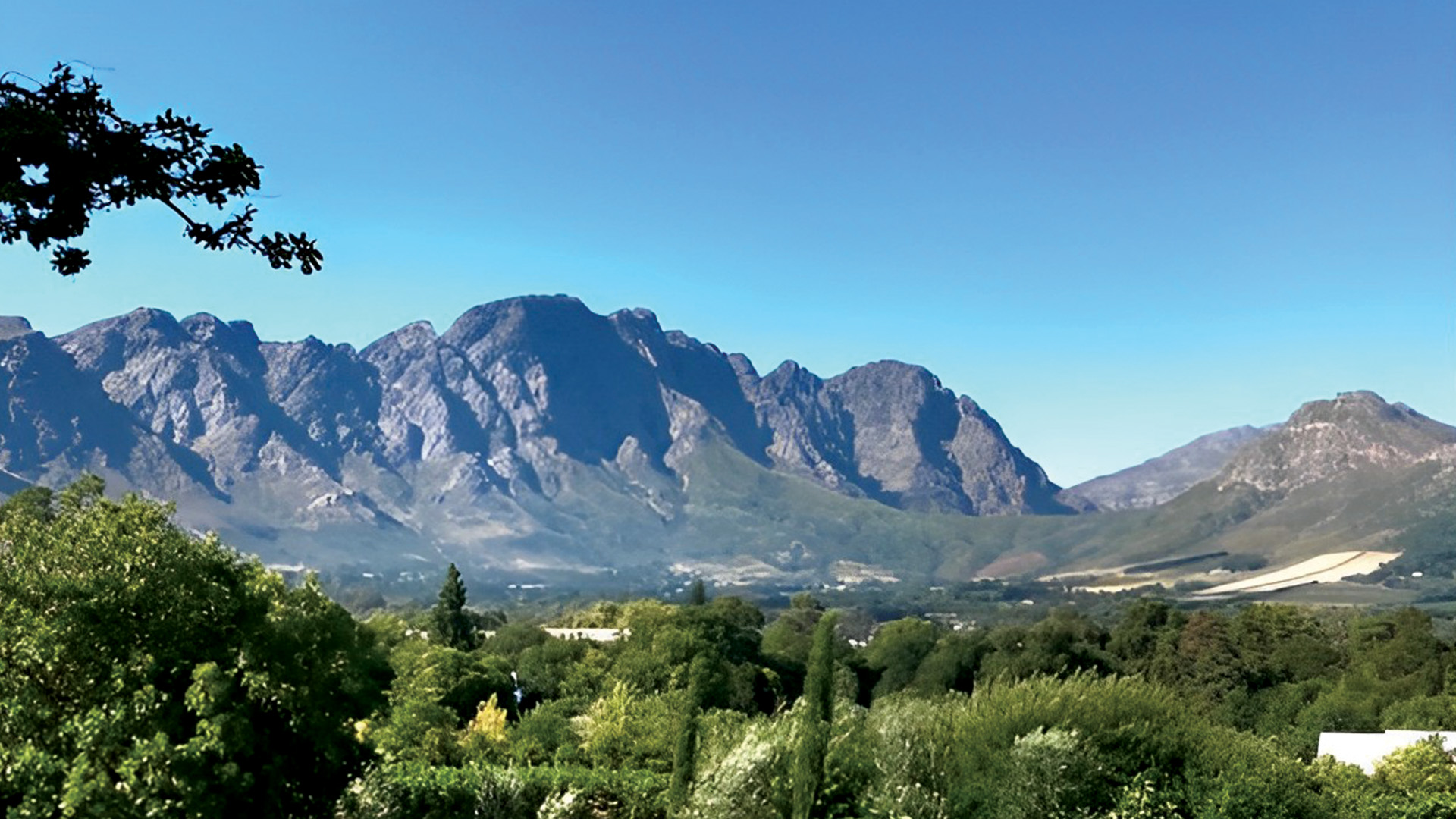
Our Home & Work Abroad
Franschhoek
The location of our South African home was a very different affair. Being one of the founders of our company, Strait Access Technologies, gave us a good reason to travel to the country, but my work there did not involve day-to-day activity so that we were able to chose somewhere to live that was close enough to Cape Town, but would also facilitate other activities, especially Peggy’s Gyrotonics and movement training, done mostly in Paarl and Stellenbosch, and my own scientific and poetry writing. Where better than the village of Franschhoek, lying in a valley between the impressive Haweqwa and Jonkershoek mountains, a village to which some French Huguenots escaped, following persecution in Europe, more than three centuries ago. There was no sense in buying property there, since we would be present for just three months in their summer, (the Carolina’s winter) so each year we rent the same house, in a gated boutique wine farm, close to the heart of the village. The area was also dominated by Afrikaans families, who originated from early Dutch settlers, which explains the preponderance of so-called ‘Cape Dutch’ houses, farms and churches. It provides a delightful retreat, with exceptional art galleries and venues for our Café Poetique evenings.
